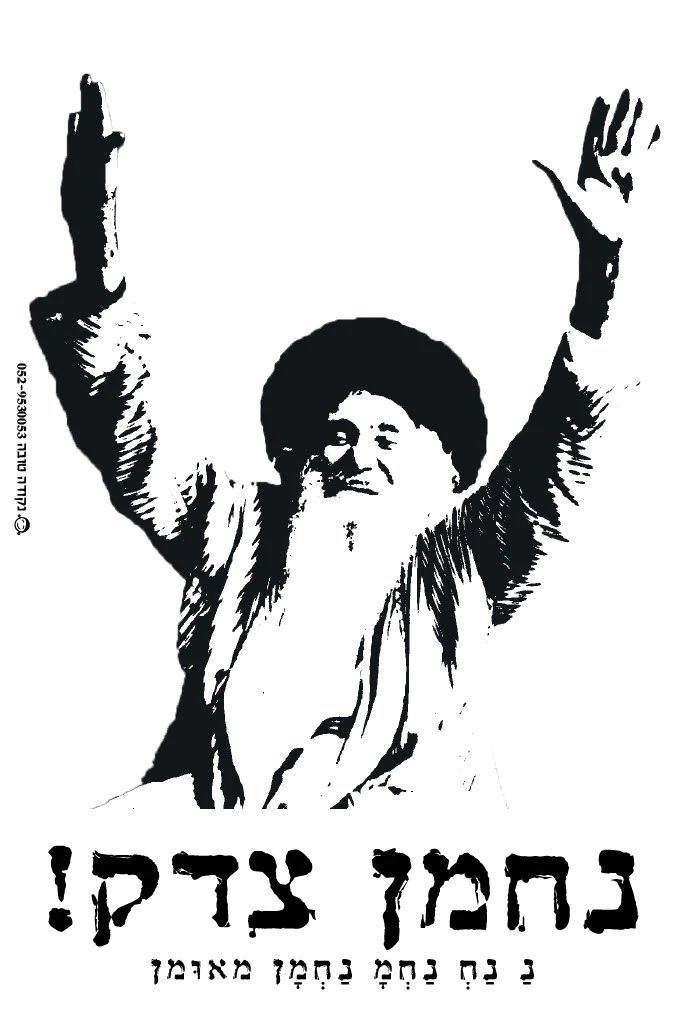
Flying Out of Bed
So many of us forget that we're just in transit, down in this world. There are cemeteries all around, and yet we think death can't possibly happen to us…

One should always be mindful that there is a goal and purpose to life. We must strive to stay true to our goal and stay away from the distractions this world is full of. The Torah calls this world a passageway. People don’t waste a lot of time decorating a passageway or filling it with all the latest luxuries. They know that the passageway is just leading them to the end, the place we should be focused on.
We all know that life is temporary, don’t we? We all know that as the Baal Shem Tov said, there is nothing more definite than death. And yet, our evil inclinations are so powerful that they can easily make us forget that we’re just in transit, down in this world. There are cemeteries all around, and yet we think death can’t possibly happen to us.
That’s the lie that the Evil Inclination tries to tell us all the time, so we’ll forget our eternal goal and the whole reason for being down here in the first place. That’s why the first thing Jews should do when they wake up is to remember the World to Come.
When people remember their commitments and all the things they must get done that day, they will fly  out of bed. When people tell themselves, they have no obligations to meet, nowhere pressing to go, nothing important to do, they will simply turn over and go back to sleep.
out of bed. When people tell themselves, they have no obligations to meet, nowhere pressing to go, nothing important to do, they will simply turn over and go back to sleep.
One of the reasons the Torah starts with the letter bet, which spells out the word Bereishit, is that bet has the numerical value of two. This hints to us that there are two worlds functioning on different but connected planes at the same time. Most of what we see around us, and most interactions we experience in this lowly, physical world, are coming straight from the Evil Inclination, with the explicit goal of diverting us from our true purpose.
If we really want to see what is going on in our lives, in this world, we must take the time to look up into Heaven, which is the world of truth. Only there will we see ourselves, and G-d, properly.
A good way to do this is to make a spiritual accounting, or self-assessment, every single day, where we go through every aspect of our thought, speech, and action with a fine-tooth comb. These are the three areas where G-d “shrinks” Himself to interact with us, be with us, and bring us closer to Him.
There I am, drinking a glass of milk, when G-d suddenly pops a thought into my mind, and I wonder if I paid the money I owed this month to the grocery store, where my wife buys a lot of the food we have in the house. I can dismiss the thought as a random occurrence, or I can take it seriously and investigate if G-d is telling me I’ve forgotten to pay a debt that I should have taken care of already.
Another example: a colleague is telling me a story, a terrible story about a Jew who is desecrating the Shabbat. As I’m listening, G-d is inviting me to make a choice. I can choose to look down on that Shabbat-desecrating Jew and pat myself on the back for not driving my car, cooking or turning my lights on and off on Shabbat; or I can ask myself: why is G-d arranging for me to hear this story? Is there something I’m doing or not doing in my own Shabbat observance that He wants me to change or improve?
The Baal Shem Tov explained that every little thing that happens to us is a message from the Al-mighty, to keep us focused on our eternal mission in life. Every thought, word, and occurrence in my life is a Divinely-authored letter to me about what I need to be addressing, thinking about, or rectifying, to really succeed in my mission.
Like everything, the more we train ourselves to see things from the Divine perspective, the more we will actually be conscious of it. And the more we accustom ourselves to honing our spiritual instincts by keeping mitzvot and developing our spiritual side, whether by putting on tefillin, moving to Israel, or doing a kind deed for a neighbor, the better our spiritual vision will get. Instead of blinking and squinting and straining to try and catch sight of G-d’s presence in our lives far away in the distance, we’ll see Him in everything. He’ll be right in our faces; unavoidable, and unmissable. His fingerprints will be on absolutely everything.
When people constantly remembering their mission in life; when they keep their eyes on the spiritual ball, they don’t have to worry that they will get hit by an unexpected hardball, straight in the jaw.
When we say the name of a deceased person, we immediately remember him and connect to his memory. That one word, his name, is enough to recall thousands of shared activities, or happy memories, or intense experiences, or deep feelings. His name encompasses everything about him. What’s G-d’s name? It’s His holy Torah.
The people who are involved in Torah are more connected to G-d, and less involved in all the hundreds and thousands of distractions that the Evil Inclination tries to fill our lives with. Torah is the antidote to forgetting what our mission in life is. Every minute when you aren’t praying, learning or doing mitzvot, you are vulnerable. Every second that you aren’t actively engaged in remembering what you’re here for, you are a prime candidate for sadness, anxiety, depression and spiritual destruction.










Tell us what you think!
Thank you for your comment!
It will be published after approval by the Editor.